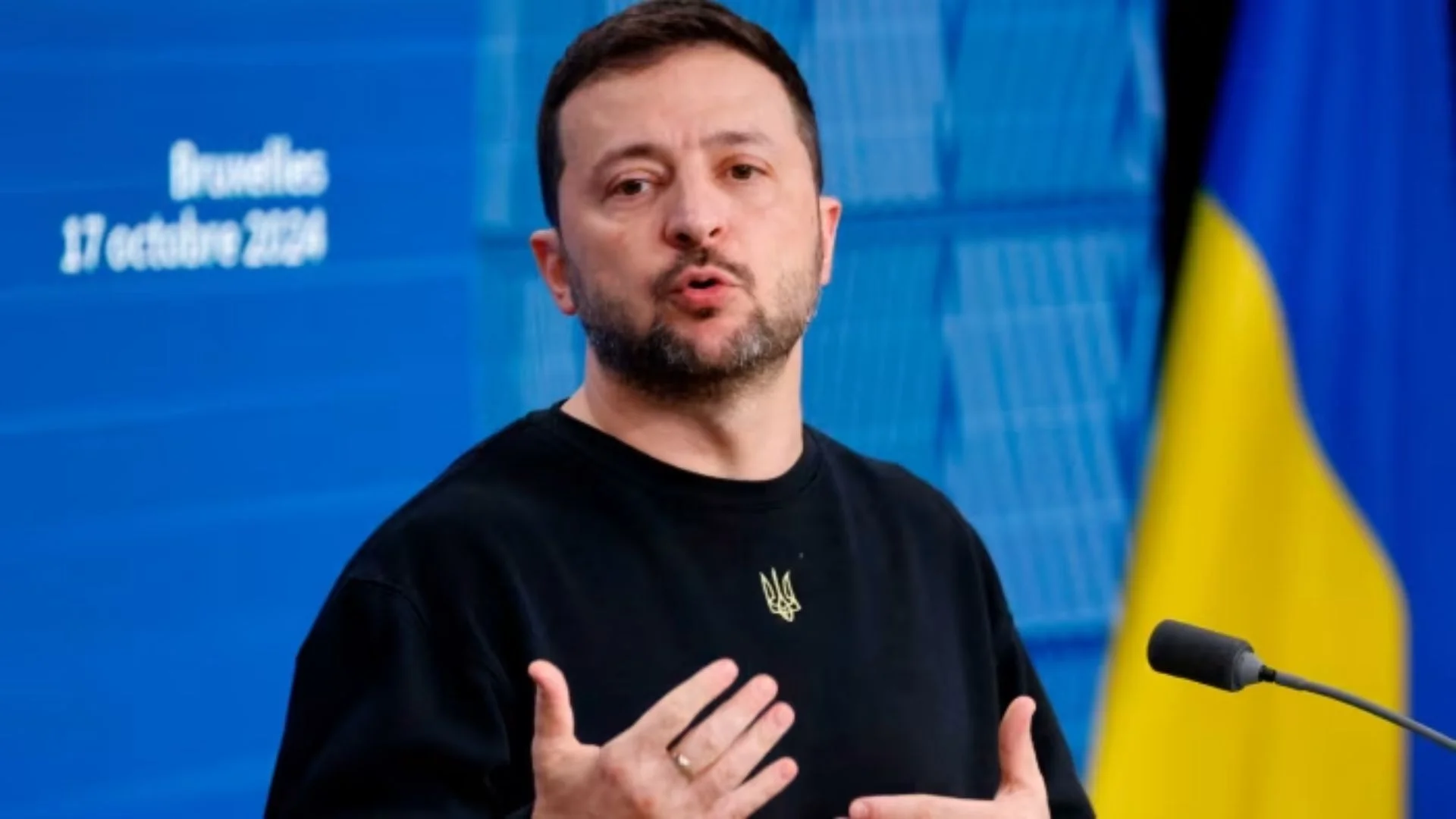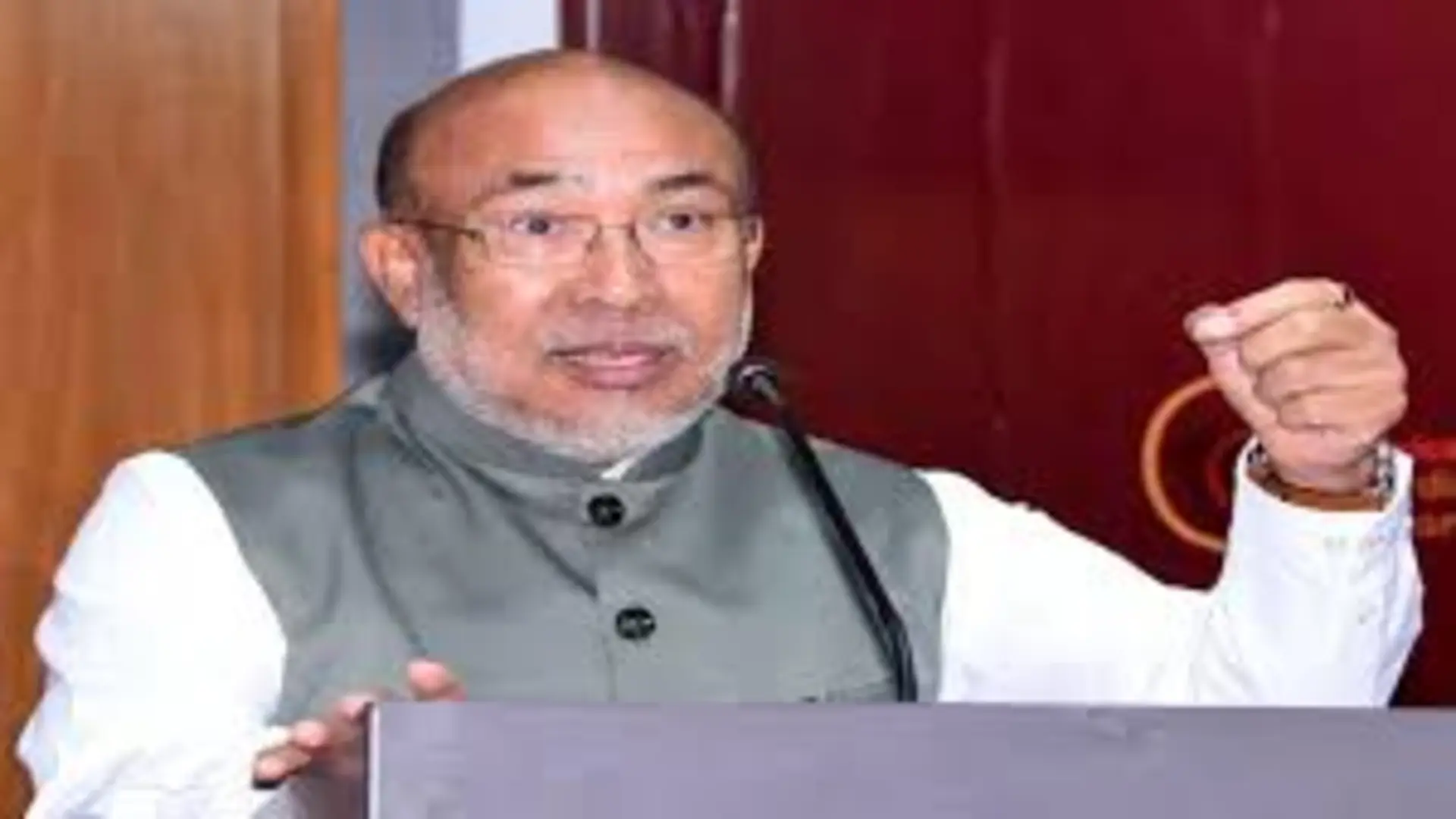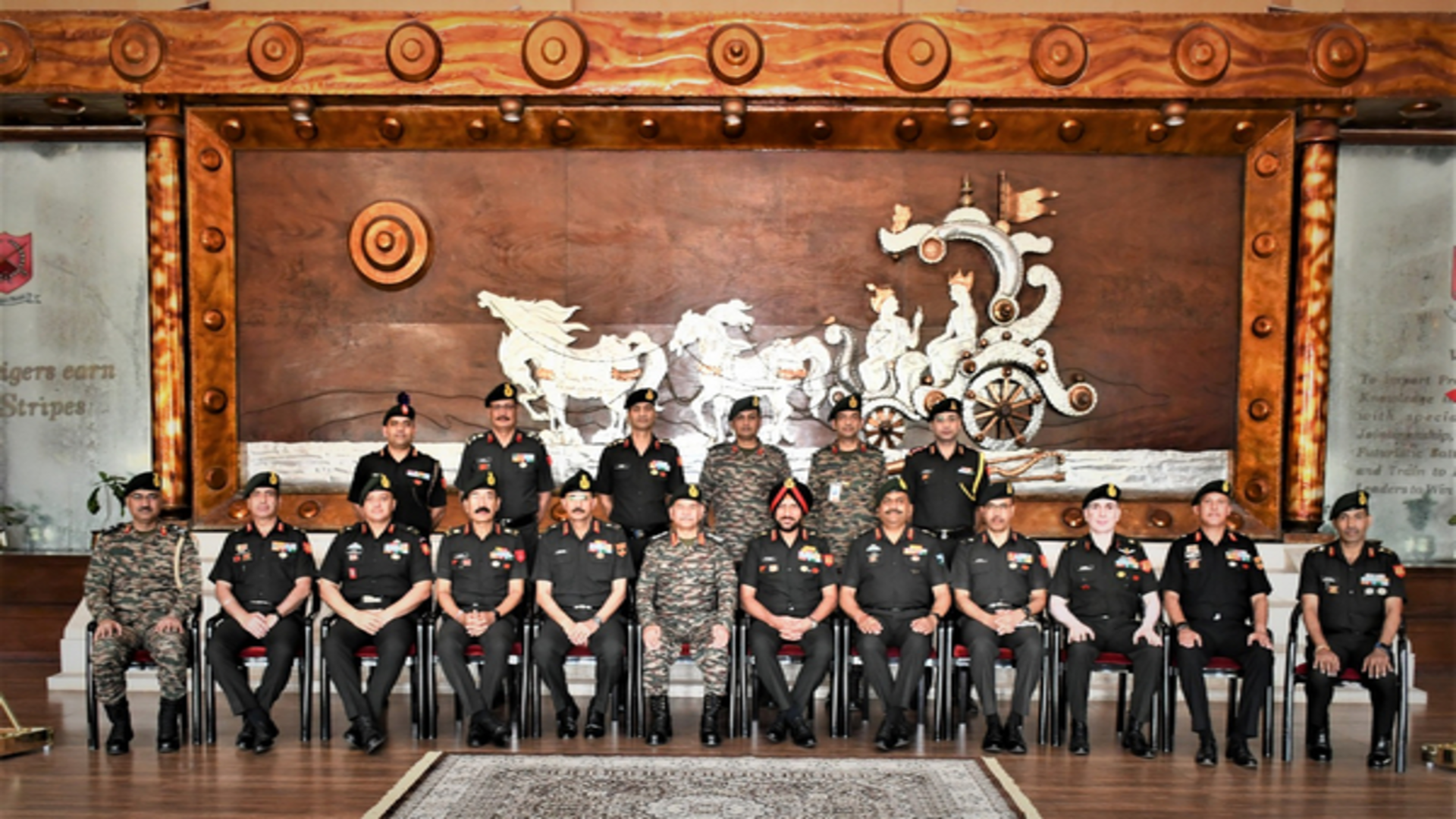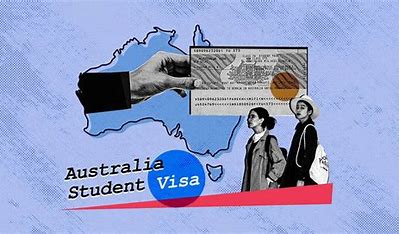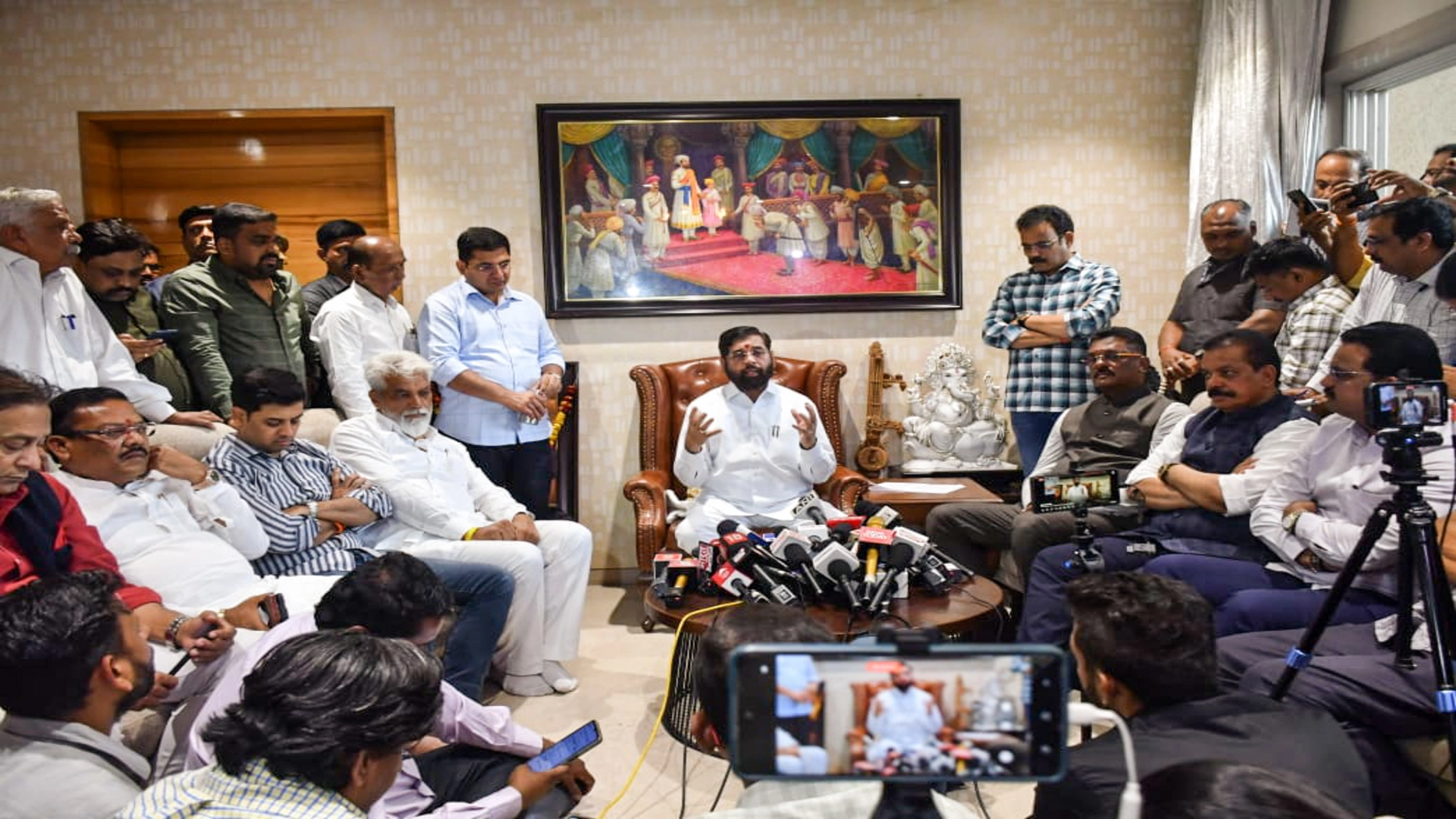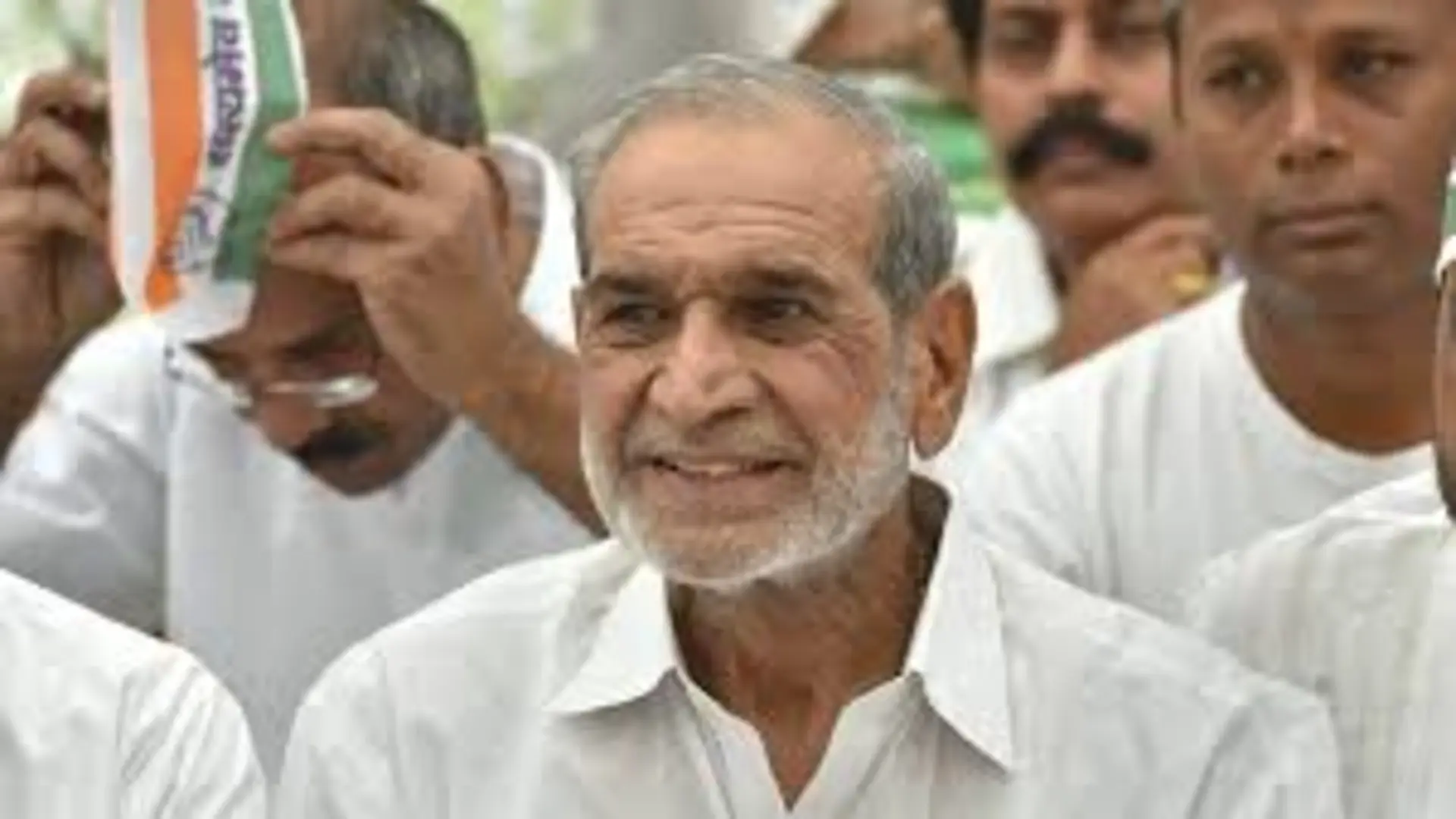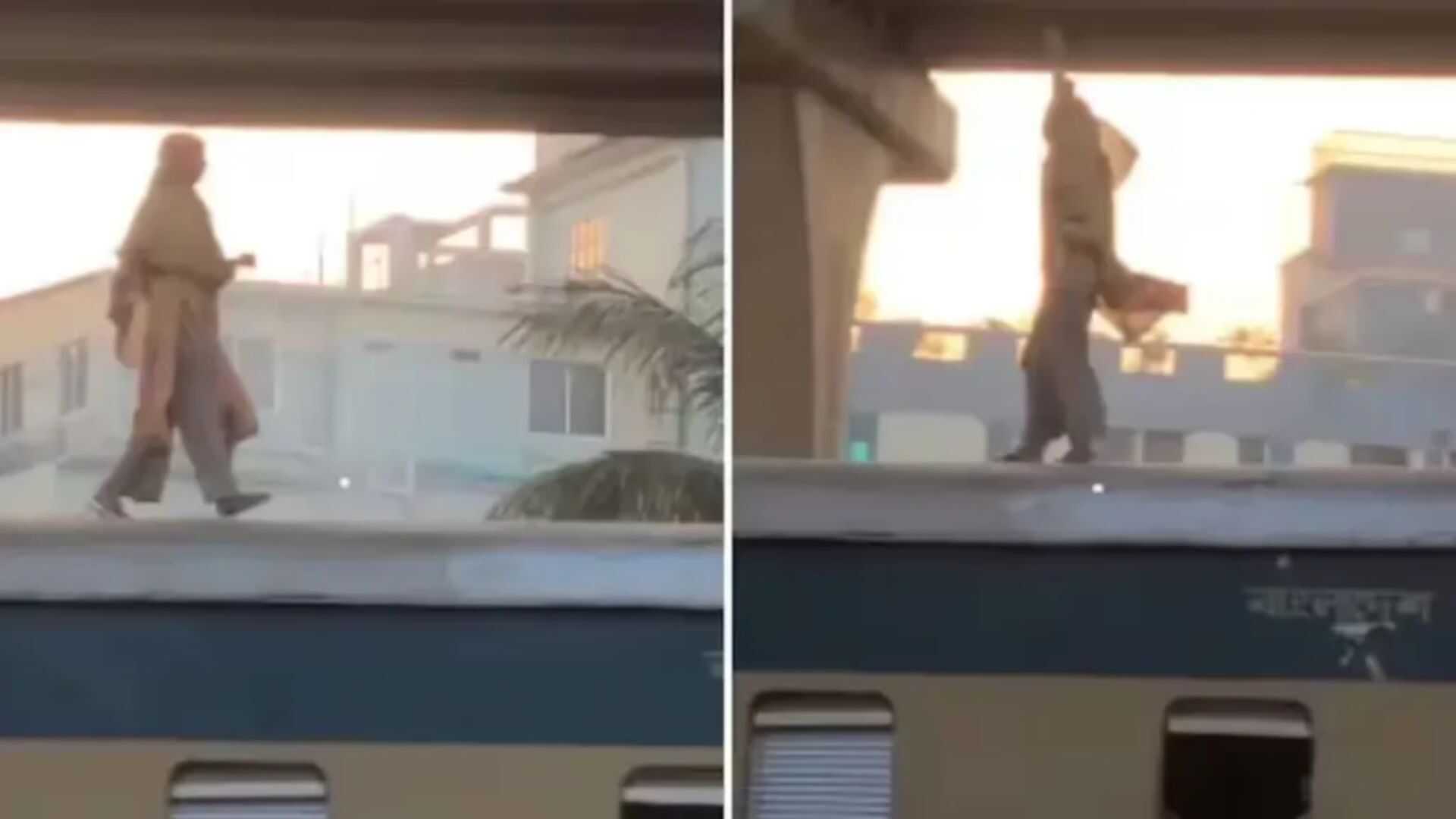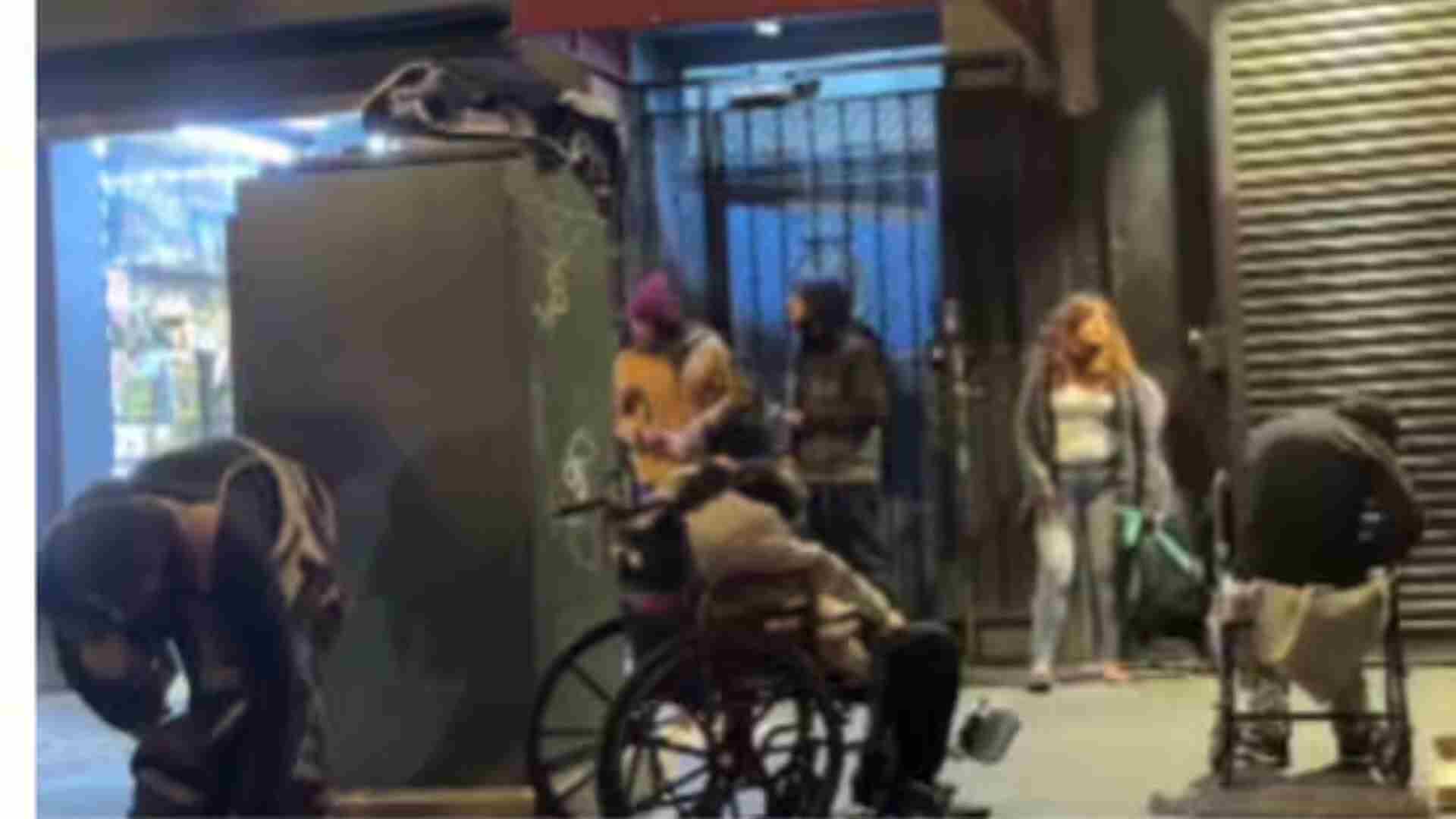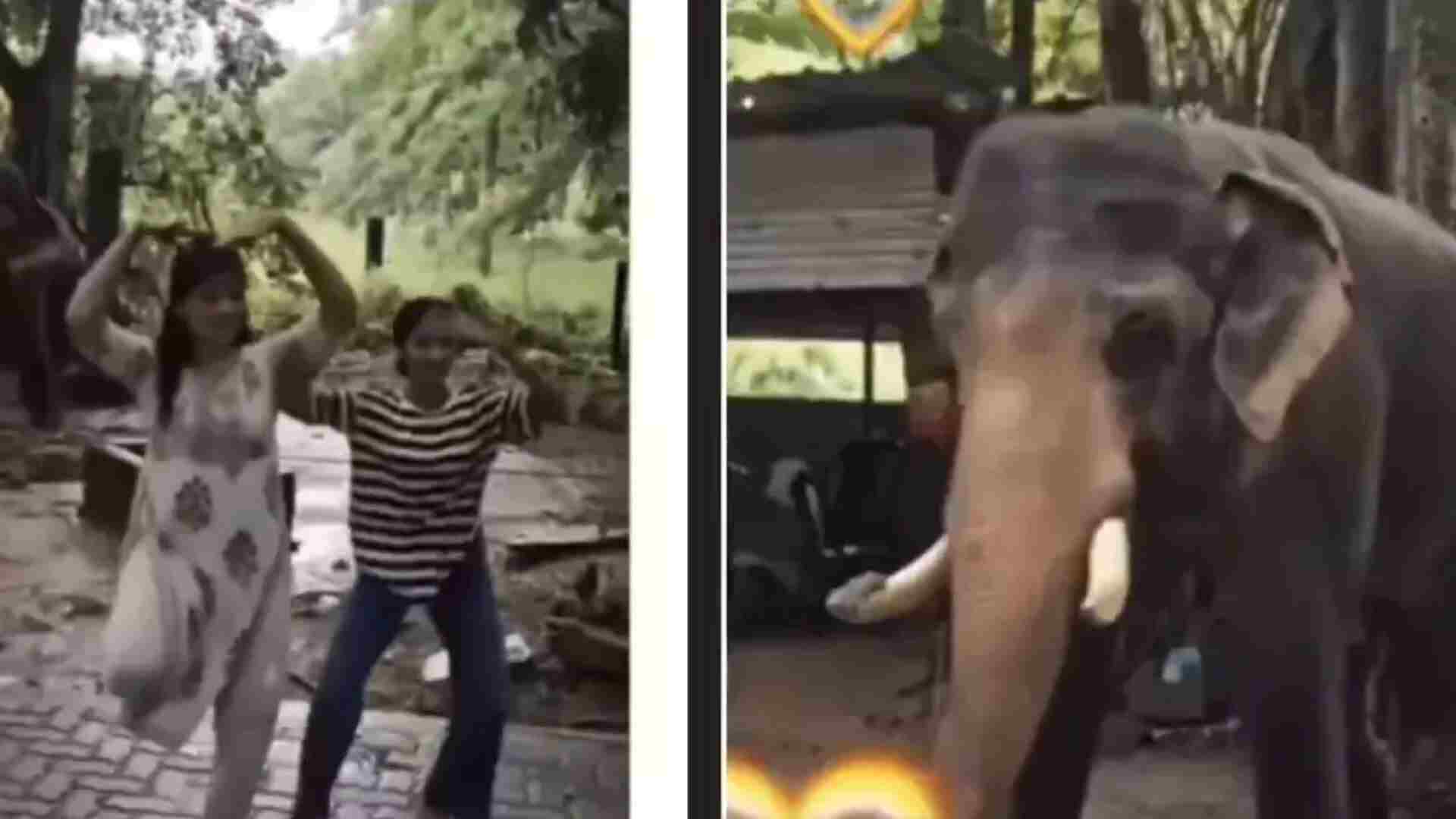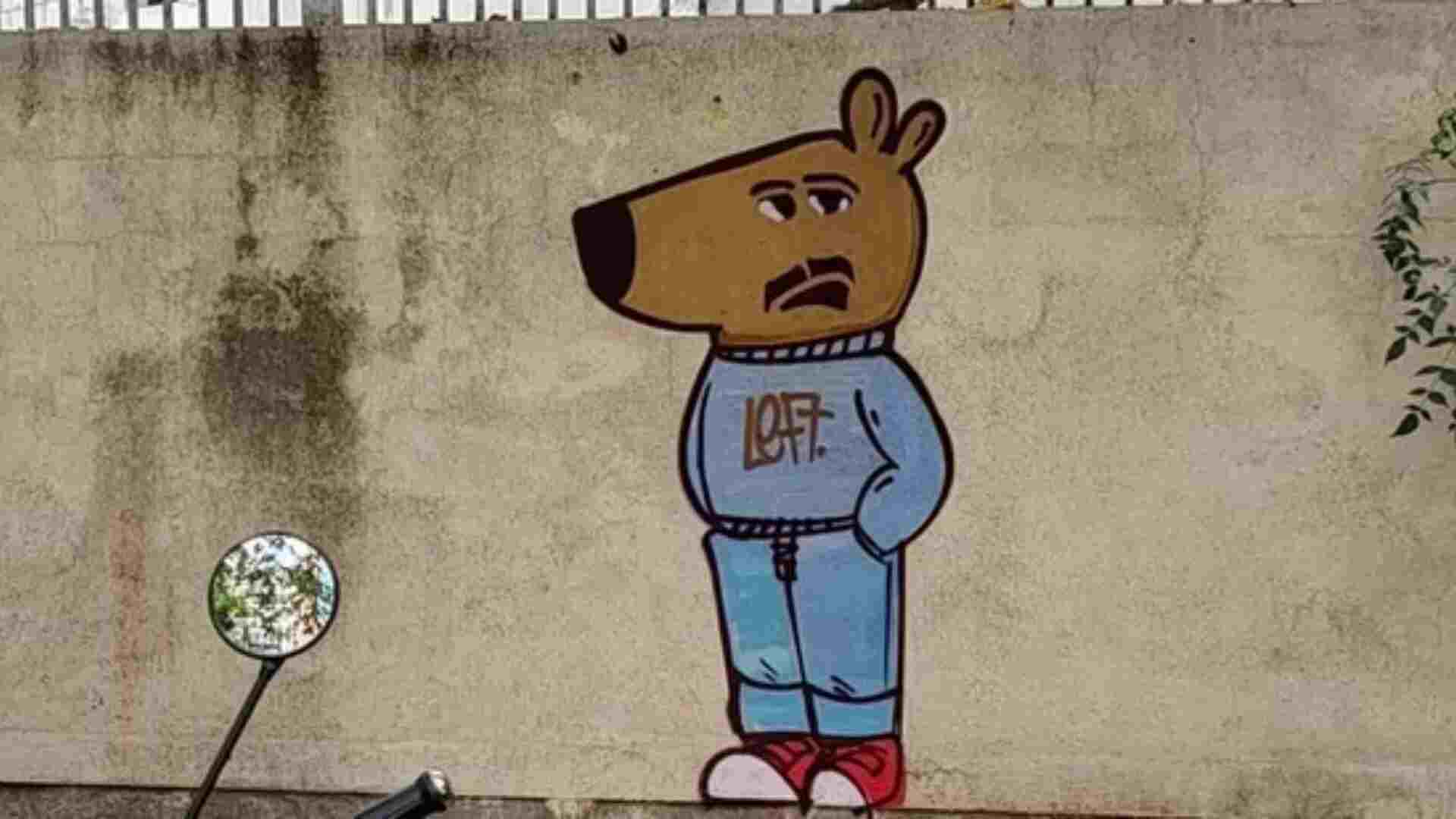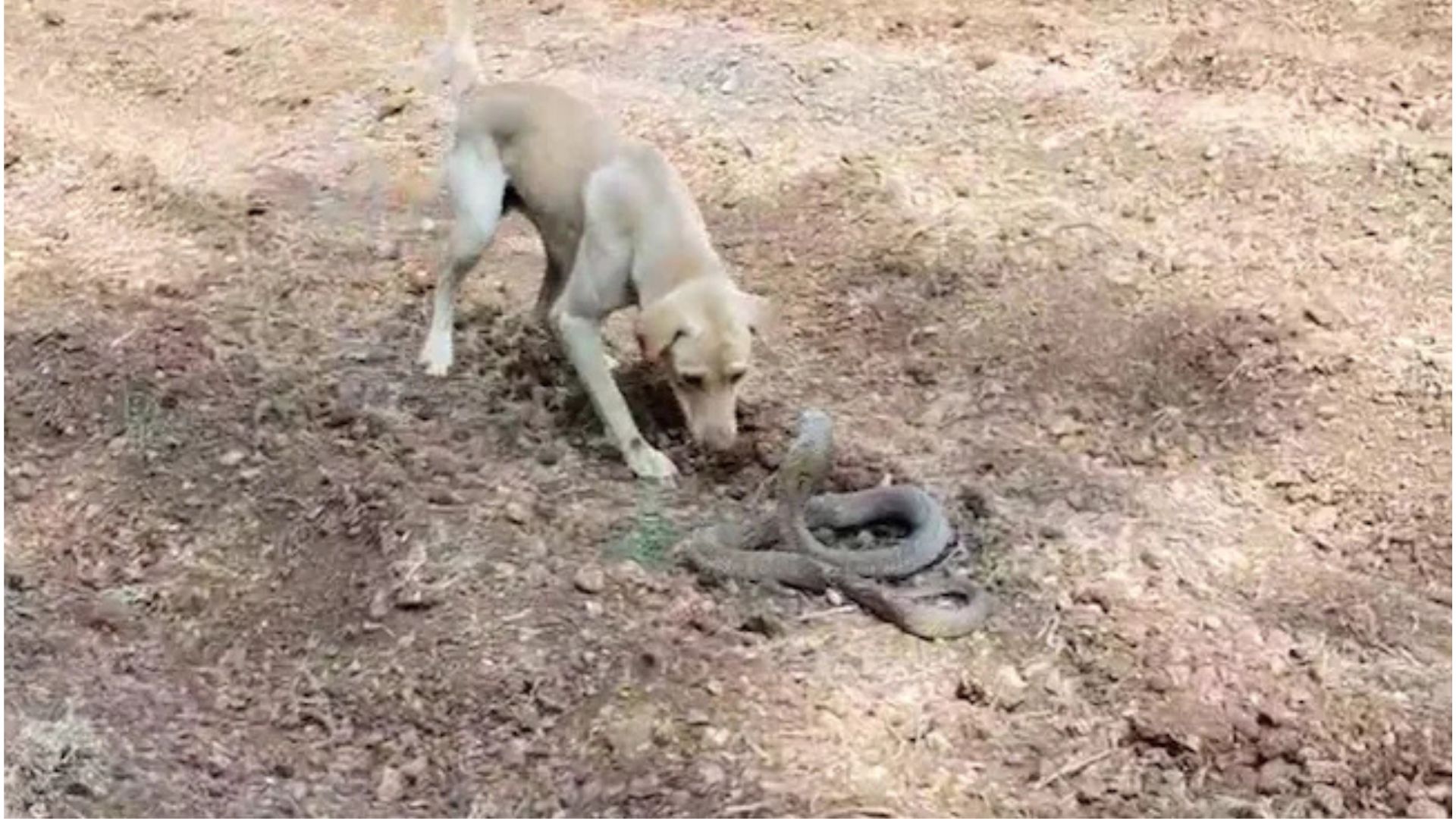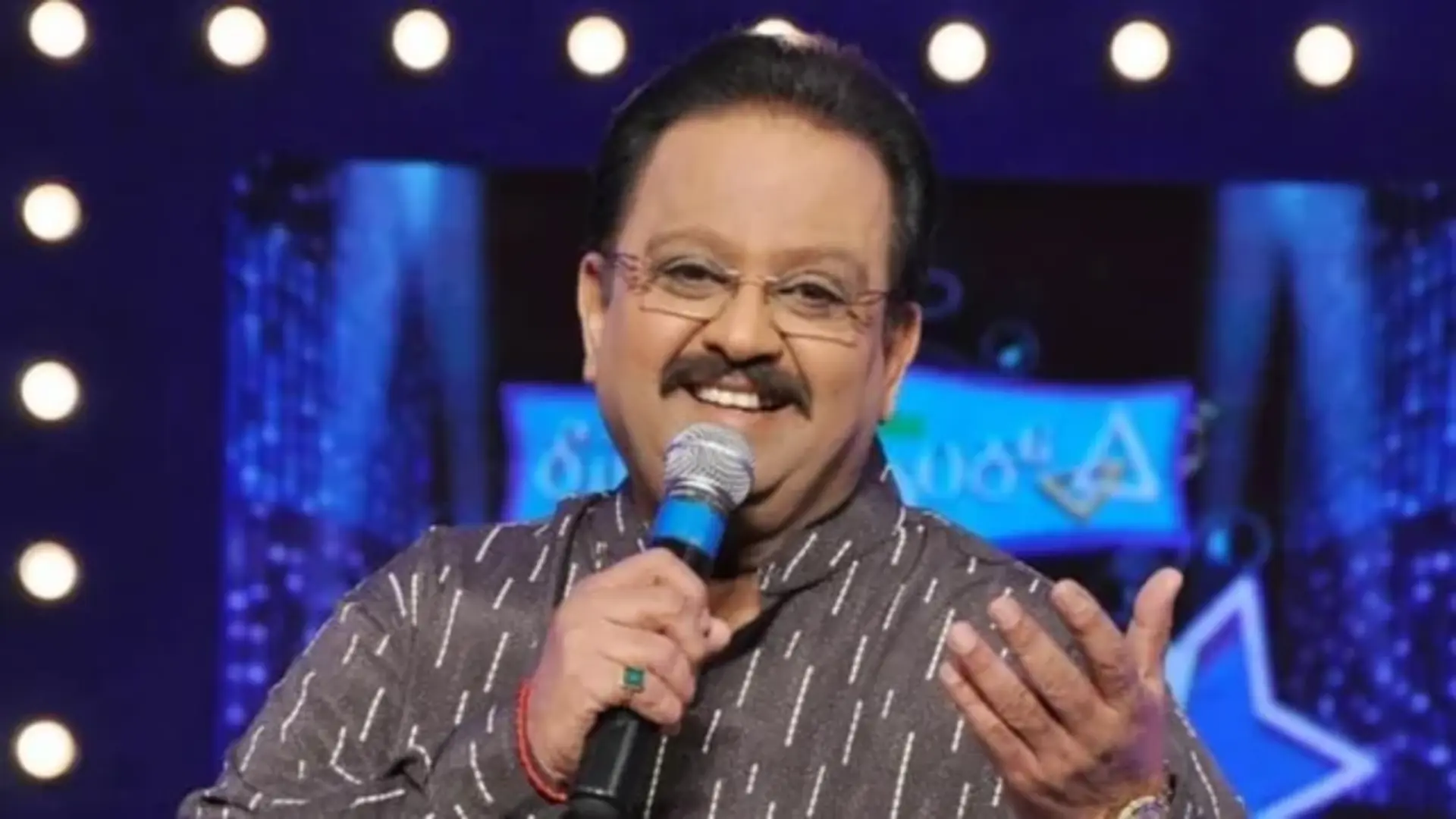
Television programmes that instigate people to violence should be controlled, the Supreme Court told the government on Thursday and suggested that the laws regarding this be tightened.
“Prevention of instigation is an important part of maintaining law and order and the government has done nothing to address these issues,” apex the court said in the backdrop of a series of controversies over the matter last year.
A Bench headed by Chief Justice of India S.A. Bobde said, “There are programmes which instigate or impact a community. But as a government, you do nothing.” The court observed that control over TV programmes that are instigating in nature is as important as some preventive measures, and emphasised on fair and truthful reporting.
“Yesterday, you shut down the internet and mobile because of the farmers’ visit to Delhi. I am using the non-controversial term (visit). You have shut down internet mobile. These are problems that can arise anywhere. I don’t know what happened in the TV yesterday,” the Bench observed while referring to the Internet shut down after the tractor rally by farmers turned violent on Republic Day.
The SC said, “Fair and truthful reporting is normally not a problem. Problem is when it is used to agitate others. It is as important as providing lathis to policemen. It is an important preventive part of the law and order situation.”
CJI Bobde told Solicitor General Tushar Mehta, who was appearing for the Centre, that the government’s power to control some news is very important. “Control over some news is as important as some preventive measure and check law and order situation. I don’t know why you are blind to this. I don’t mean anything offensive but you are doing nothing about it,” CJI told Solicitor General during the hearing.
The court was hearing pleas filed by Jamiat Ulema-e-Hind and Peace Party seeking action against media reports indulging in communal branding of Covid-19 pandemic in the light of Tablighi Jamaat congregation in Delhi’s Nizamuddin area. The pleas alleged discriminatory coverage by a section of the media and spreading communal hatred over the Tablighi Jamaat congregation.
Solicitor General contended that the government can’t control live shows or debates. “There can’t be pre broadcast censorship. When there is something offending, we have taken actions by preventing channels to stop airing for a week etc.,” Mehta said.
The Bench said that it is not interested in people saying anything on TV but it is concerned about those programmes which have instigation effect. “We are not stopping people saying anything, in any time on television, let them say that… We are on broadcast which can instigate and cause riots. There is loss of life. People say anything these days. There are situations which can destroy property, life etc.,” CJI Bobde said.
The Solicitor General said that many times it is unfortunate but deliberate. He added that there are self-regulatory bodies like the broadcaster associations and News Broadcasters Standards Authority (NBSA) also has its own system.The apex court while posting the matter after three weeks asked all the parties in the case to file their affidavits in the meantime.
In October last year, the Bench had observed that freedom of speech is one of the most abused freedom in recent times. It had also asked Ministry of Information and Broadcasting to file an affidavit detailing steps it had taken to stop broadcasts on TV channels which are targeting the Muslim community after Tablighi Jamaat incident.
The Bench in November had expressed displeasure over the affidavit filed by the government in the case and had said that the government should consider setting up a regulatory mechanism to deal with such contents on TV. WITH ANI INPUTS

